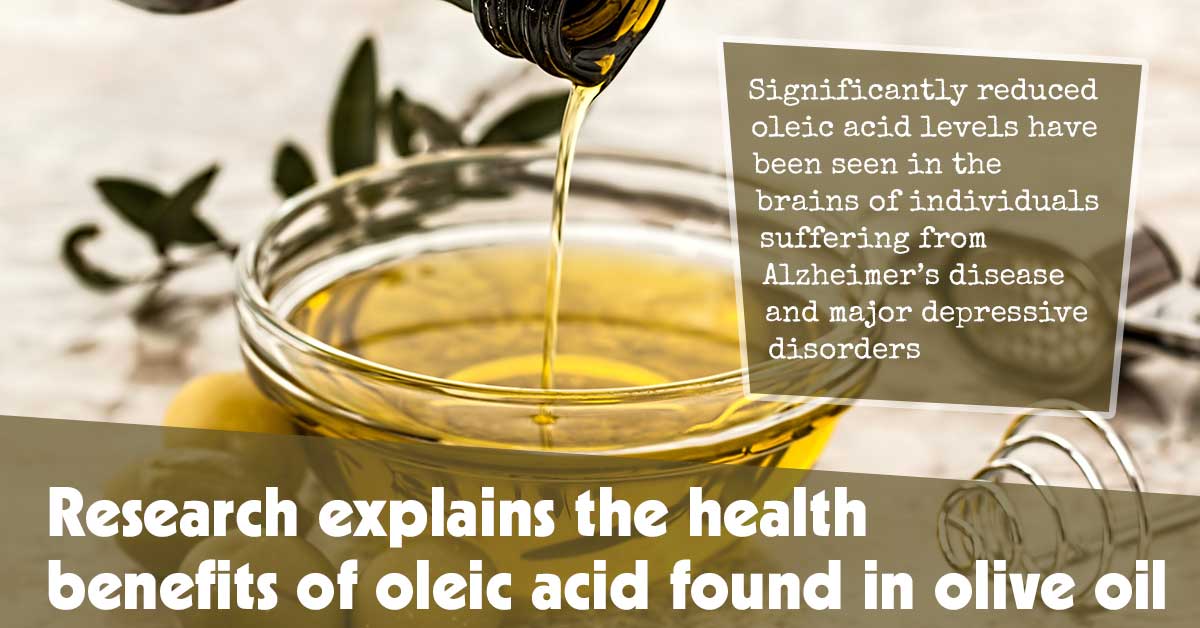Oleic acid, the main component of olive oil, has properties that help in preventing Alzheimer’s disease and cancer and also in reducing cholesterol.
Olive oil’s health benefits, which are generally ascribed to the minor components of olive oil such as polyphenols, are scientifically recognized. But little consideration has been given to oleic acid, which makes up 70% to 80% of olive oil’s composition. This is why researchers have provided a study on its primary health contributions.1✅ JOURNAL REFERENCE DOI: 10.3390/nu15010224
Olive oil’s primary component is this fatty acid and is responsible for various health-promoting attributes. The diet produces oleic acid and the body synthesizes it. Oleic acid is the most plentiful monounsaturated fatty acid (MUFA) found in the diet.
The most extensively recognized diet for preventing aging and disease is the Mediterranean diet. Olives are plentiful in the Mediterranean and the oil that’s extracted from olives is the primary fat and the most popular nutrient in this diet, which is also characterized by a high intake of vegetables, moderate consumption of fish, low-moderate consumption of dairy, low consumption of red meat and moderate consumption of wine.
Oleic acid is the primary MUFA in the circulatory system and is a major constituent of membrane phospholipids in the brain and is plentiful in the myelin sheaths of the neurons. Significantly reduced oleic acid levels have been seen in the brains of individuals suffering from Alzheimer’s disease and major depressive disorders.
As with all free fatty acids, the primary function of oleic acid is that of an energy molecule and a cell membrane constituent. One of its most distinctive features is its antioxidant properties, as it can regulate both the activity and the synthesis of antioxidant enzymes directly. Oleic acid also has a hypocholesterolaemic effect by inhibiting the protein expression linked to cholesterol transport, reducing the absorption of cholesterol and therefore preventing atherosclerosis.
It’s also recognized as an anti-cancer molecule due to its overexpression of oncogenes inhibitory effects and influence on programmed cell death. Oleic acid is also typically regarded as an anti-inflammatory molecule, even though researchers are still debating this quality.
An oleic acid derivative known as oleoylethanolamide has antioxidant and anti-inflammatory effects as well and has been suggested as a potent therapeutic agent for treating obesity.
Recent research indicates that it could affect epigenetic mechanisms (direct DNA modifications and proteins associated with DNA) and immune system modulation by regulating cells associated with inflammation.



